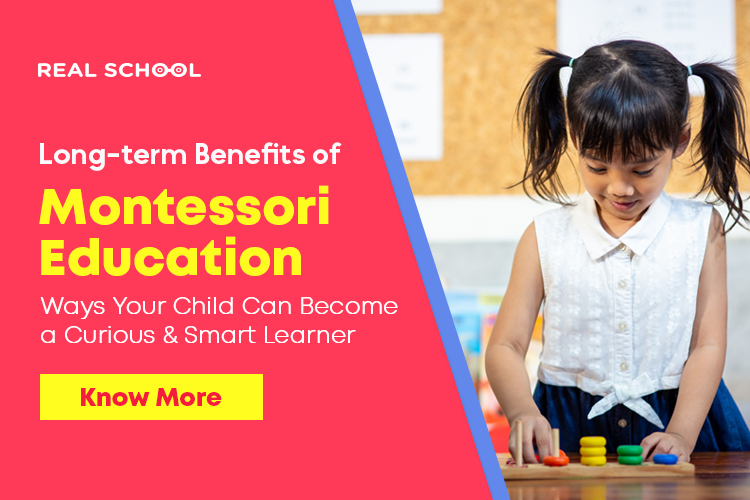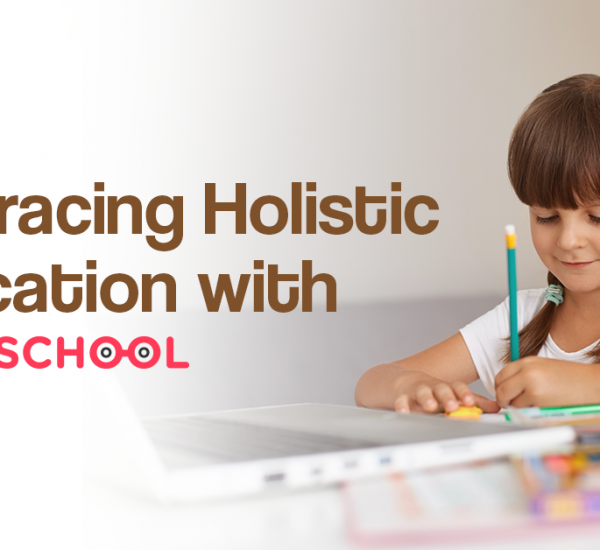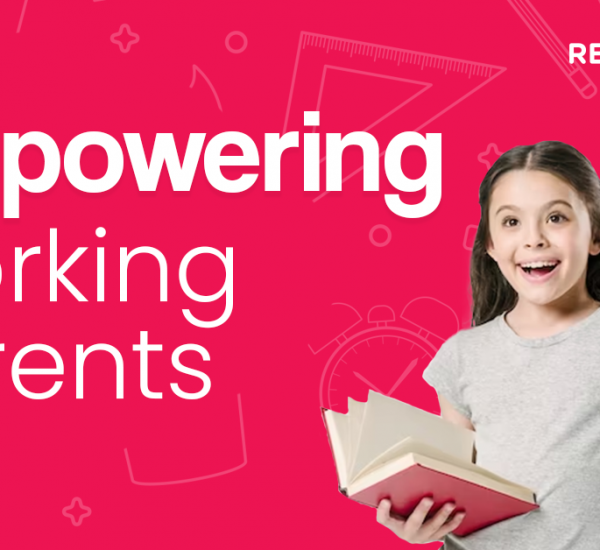What are the benefits of Montessori Education? If you are willing to acknowledge all the benefits of Montessori education to begin with, you need to check out this article and grab the details. You will also find the Montessori activities list and preschool Montessori classroom.
Also Read: Best Online Coding Classes for Kids: How to Encourage Learning Coding for Kids?
What are the Benefits of Montessori Education?
Do you want to know the benefits of Montessori education? Montessori education is an approach to teaching developed by Dr. Maria Montessori in the early 1900s. Here are some of the benefits associated with Montessori education:
# Emphasis on individual learning: The Montessori method encourages children to learn at their own pace and in their own style. It allows for a more personalized approach to education, with teachers providing guidance and support to help each child reach their full potential.
# Child-centered approach: The focus of Montessori education is on the child and their needs. The classroom is designed to meet the needs and interests of the children, and the curriculum is tailored to their specific developmental stage.
# Hands-on learning: Montessori education emphasizes hands-on, experiential learning. Children are encouraged to explore their environment and to learn through play and discovery. This approach fosters a love of learning and encourages children to become independent thinkers.
# Multisensory learning: Montessori education uses a variety of materials and activities to engage children’s senses and enhance their learning. For example, children might learn about geometry by manipulating geometric shapes or learn about geography by exploring maps.
# Social and emotional development: Montessori education emphasizes the development of social and emotional skills, such as empathy, respect, and cooperation. Children learn to work together and to solve problems collaboratively, which helps to build a sense of community and belonging.
# Focus on self-discipline: The Montessori method emphasizes self-discipline and self-regulation. Children are encouraged to take responsibility for their actions and to develop a strong sense of self-control.
Overall, Montessori education has been shown to be an effective approach to teaching that fosters creativity, independence, and a love of learning in children.
Also Read: Educational Activities for Kids: Learning Activities for Kids
Montessori Activities List
Here are some examples of Montessori activities for different age groups:
For toddlers (ages 1-3):
# Sensory play with sand, water, and other materials.
# Sorting and stacking objects by size, shape, and colour.
# Simple puzzles and matching games.
# Pouring and transferring activities using pitchers, spoons, and other tools.
# Play with blocks, balls, and other manipulatives.
For preschoolers (ages 3-6):
# Practical life activities, such as pouring, sweeping, and washing dishes.
# Language activities, such as phonics and word building.
# Math activities, such as counting, sorting, and simple addition and subtraction.
# Cultural activities, such as learning about geography and different cultures.
# Sensorial activities, such as matching colors and shapes, and exploring textures.
For elementary school students (ages 6-12):
# Hands-on science experiments and nature exploration.
# History and geography lessons that emphasize hands-on learning and exploration.
# Math activities that involve more complex operations and problem-solving.
# Language arts activities that focus on grammar, writing, and reading comprehension.
# Art and music lessons that encourage creativity and self-expression.”
Preschool Montessori Classroom
Preschool Montessori classrooms are important because they provide a developmentally appropriate environment that supports young children’s natural curiosity and desire to learn. Here are some of the key reasons why the preschool Montessori classroom is so valuable:
# Child-centered approach: The Montessori method places the child at the center of the learning experience, emphasizing the child’s individual needs, interests, and abilities. The classroom is designed to support the child’s development in all areas – physical, cognitive, social, and emotional.
# Prepared environment: The Montessori classroom is carefully prepared to meet the child’s developmental needs. The environment is rich in materials that are designed to engage the child’s senses, promote exploration and discovery, and support the development of specific skills and abilities.
# Hands-on learning: The Montessori approach emphasizes hands-on, experiential learning. Children are encouraged to use their senses to explore the world around them, and to learn through play and discovery.
# Social and emotional development: The Montessori classroom is designed to promote social and emotional development. Children learn to work together, to respect each other’s needs and feelings, and to develop a sense of community and belonging.
# Self-directed learning: The Montessori approach emphasizes self-directed learning, with children encouraged to follow their interests and work at their own pace. This fosters a love of learning and helps children develop a sense of independence and self-confidence.
Also Read: Best Online Classes for Kids: Online School for Kids
Conclusion
Montessori education emphasises individualised learning and adapting to each child’s needs and interests, so the specific activities used will vary depending on the child and their stage of development. Moreover, the preschool Montessori classroom is a nurturing and supportive environment that fosters the natural curiosity and love of learning that young children possess. It is a place where children can grow and develop at their own pace, with the guidance and support of skilled and caring teachers. If you want to join the Montessori course or if you are looking for more information, the Real School website will help you immensely to grab the details.







